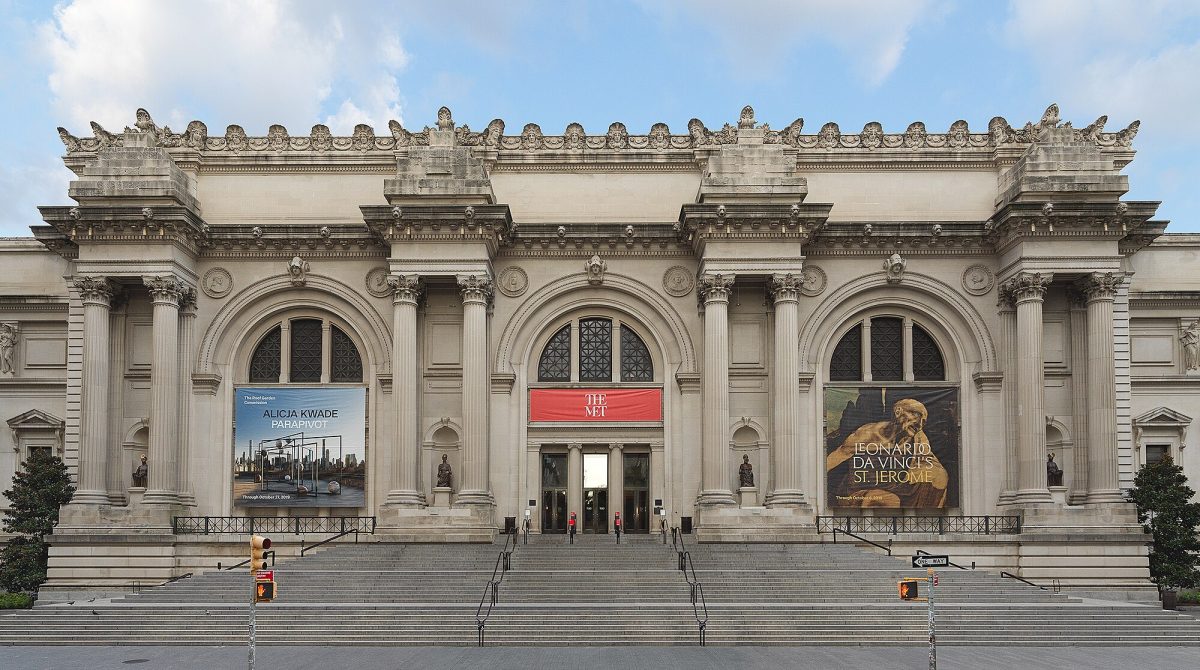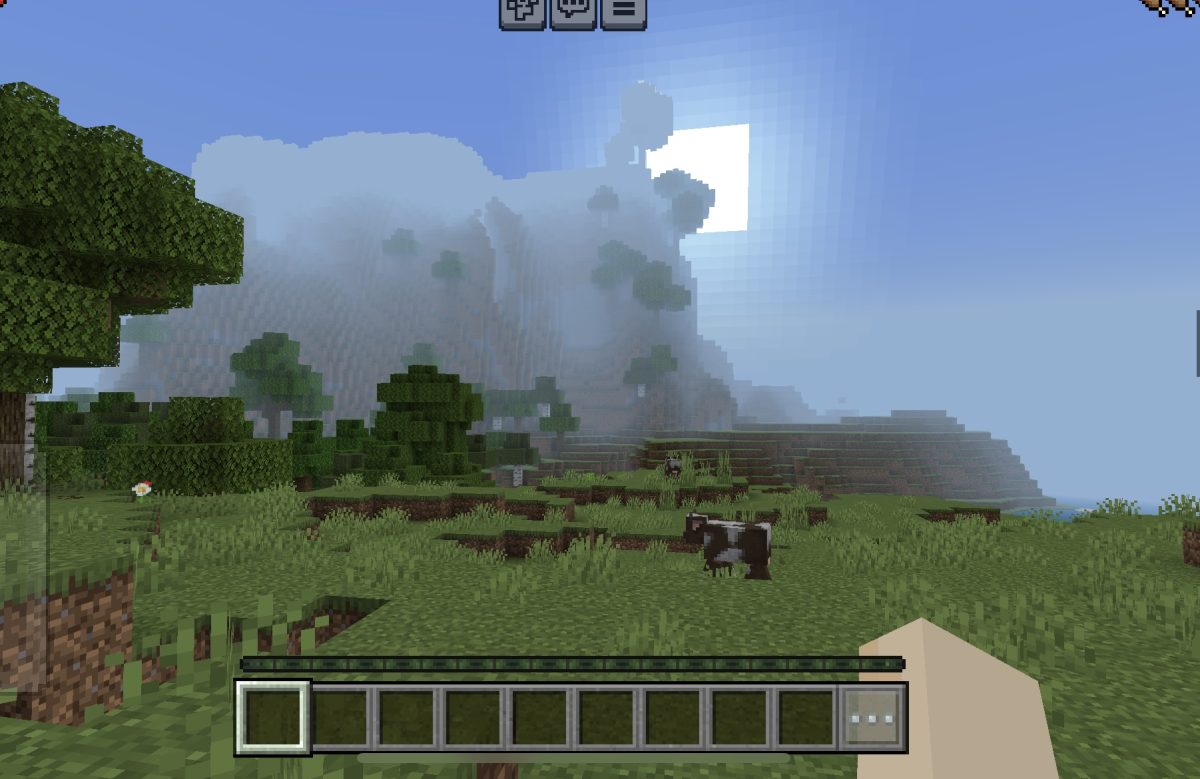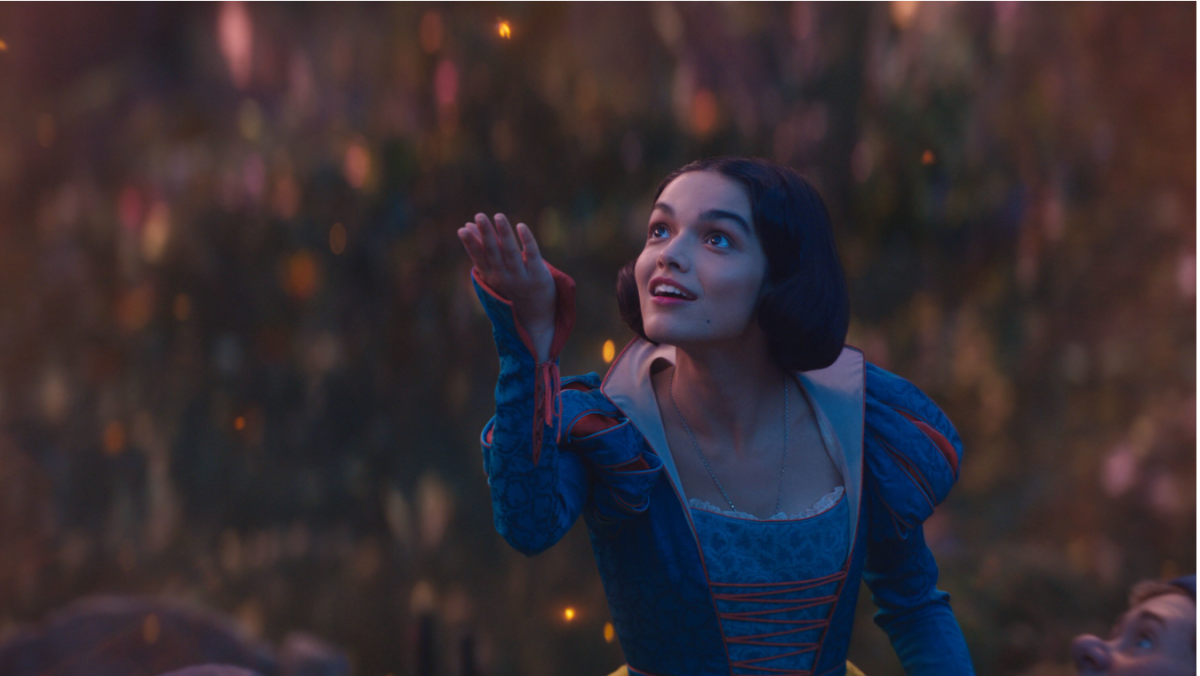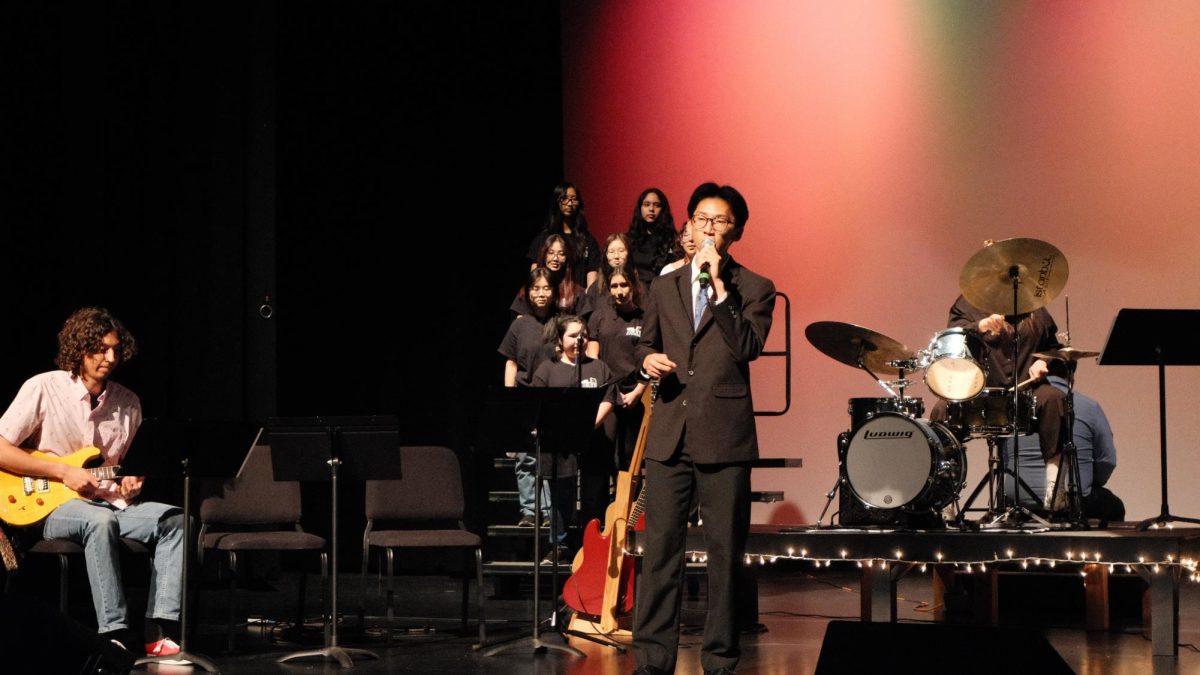By Emme Tran | Copy Editor
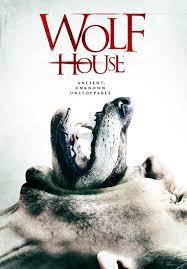
A woman runs through the dark, decrepit corridor of an old Victorian mansion, scrambling past broken windows illuminated by moonlight and into an empty coat closet. As a drop of sweat rolls down her forehead, a masked figure stalks the empty passageway with a gleaming hatchet in hand.
Horror films have served as unsettling entertainment for decades, making use of eerie soundtracks and jumpscares to thrill audiences. As the years pass, movie effects have improved to better imitate real life; not just to enhance immersion, but to reflect the genre’s evolution from campy scares to real-life terrors. In a similar manner, people of color use horror films as a medium of storytelling to depict more than a modicum of realism.
Directed by Nia DaCosta and Jordan Peele, “Candyman” (2021) discusses police brutality and racial profiling in a modern day setting. The movie makes comparisons with the real world, depicting the failures of the justice system and its disproportionate effect on African American individuals. Instead of focusing on a white character’s perspective in a movie centered around the story of a Black man, as the original 1992 version of “Candyman” did, the movie focused on humanizing minority characters.
The largely successful series, “Squid Game,” highlighted that characters knowingly faced misfortune as a result of financial difficulties and economic status. The show satirizes real economic problems, “tapping into [South Korea’s] deep feelings of inequality and ebbing opportunities,” according to the New York Times.
Similarly, “Parasite” (2019) portrays wealth inequality and the social pressure to succeed, winning several Academy Awards and introducing subtitled films to households nationwide. Writer and director of “Parasite,” Bong Joon-ho imbued his own experiences with wealth disparity in several of his films including “The Host” (2006) and “Snowpiercer” (2013).
Named after a system that determines Native American citizenship depending on the amount of ‘Native American blood’ someone has, according to NPR, the zombie movie “Blood Quantum” (2019) echoes the postcolonial Native American experience in modern America.
“[The movie is] talking about intergenerational trauma […] Children of survivors who were flocking to psychologists and psychiatrists because they are carrying around this grief inside of them and they don’t even know why,” said writer and director of “Blood Quantum” Jeff Barnaby in a Vulture interview. “I think that’s true of Native poeple who have had this long history of genocide, and then social oppression, and then everything that comes with losing your culture and your language and your land.”
“The Wolf House” (2018), a Chilean stop motion animation directed by Joaquín Cociña and Cristóbal León, was based on the gruesome history of Colonia Dignidad, a Nazi commune established in Southern Chile in 1961, according to BBC. The film uses eerily fantastical imagery to symbolize the abuse and exploitation of Chilean and German community members in the commune. The filmmakers avoided the use of explicit imagery and instead used paint, paper, and cardboard to portray how Colonia Dignidad’s toxic ideology plagued its victims.
“[Cociña and I] think often of art as a kind of shamanism,” said León in a Walker Art Center transcript. “It gives us the opportunity to embody other roles and to connect with unknown parts of ourselves.”
As motion picture continues to become more diverse in its creators and thematic elements, these award-winning films exist to expand the discussion around the discrimination that people of color have faced and act as a voice for communities. For minority groups, horror movies are not just fiction, but representations of the terrors that people of color have historically faced, even on a daily basis.

